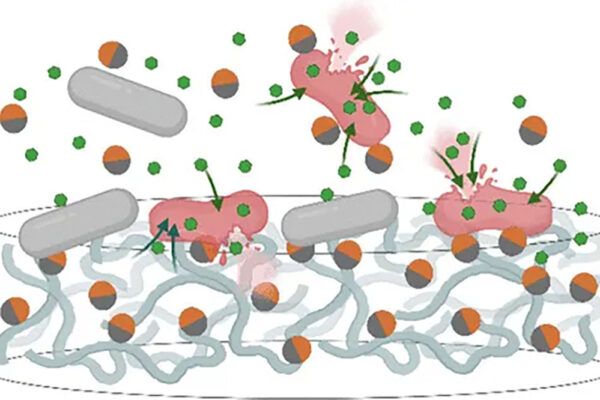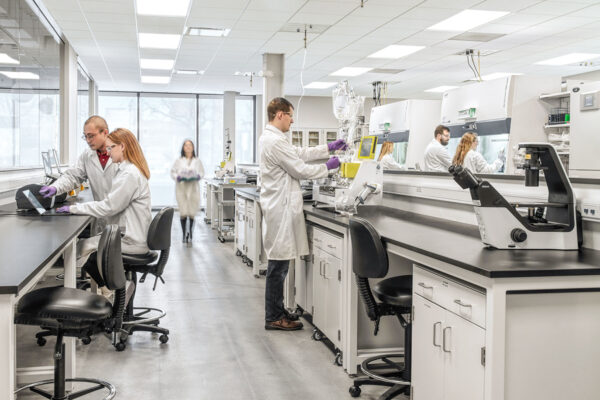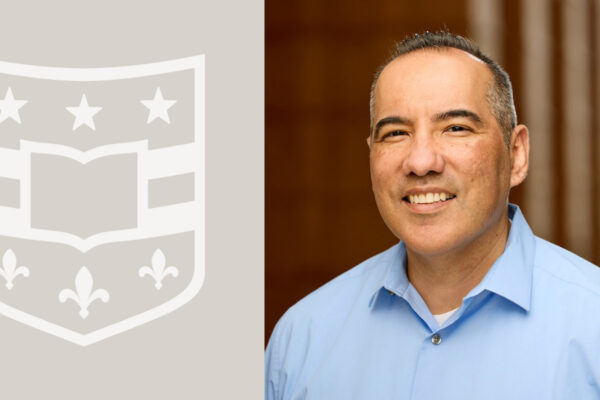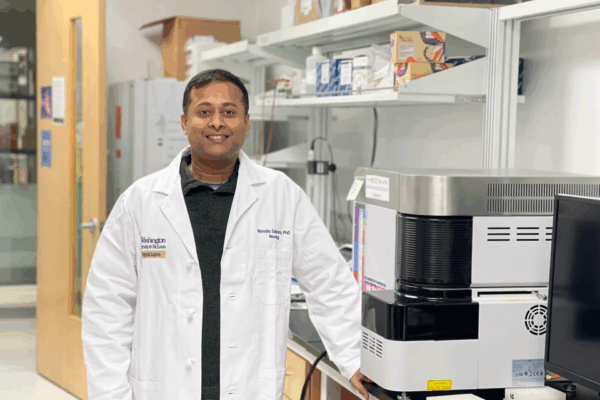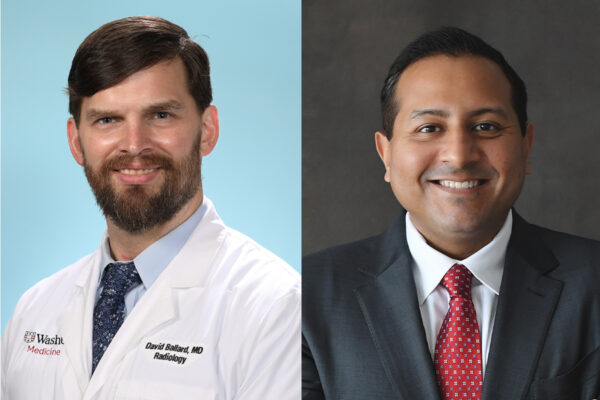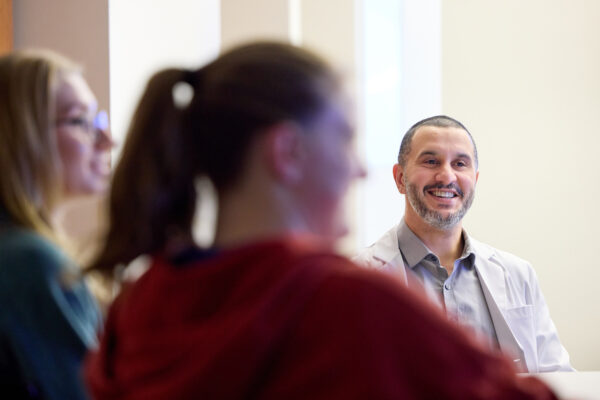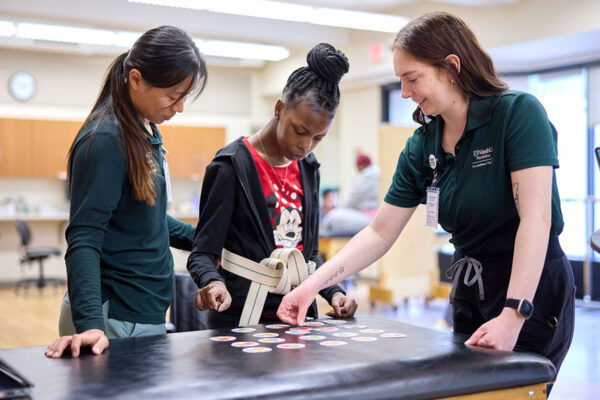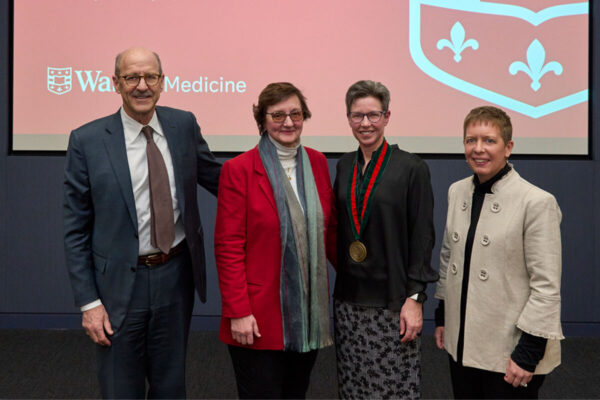Reviving antibiotics with two-faced nanoparticles
A team led by Yan Yu of Washington University in St. Louis developed a double-pronged approach to fighting antibiotic resistance.
WashU startups attract record-setting $1.7 billion in private-sector investment over past year
Startups built on WashU discoveries attracted a record $1.7 billion in private-sector investment over the past year, accelerating the commercialization of WashU innovations into life-changing diagnostics, therapeutics and medical devices.
New ALS drug stabilizes decline with improved strength, mobility for some
Long-term use of a new drug, toferson, approved by the FDA for a rare genetic form of ALS, delays symptom progression and death and leads to stabilization or improvement in some patients, according to a study by WashU Medicine researchers and collaborators.
Garcia receives American Chemical Society award
Benjamin Garcia, the Raymond H. Wittcoff Distinguished Professor and head of the WashU Medicine Department of Biochemistry and Molecular Biophysics, has received the American Chemical Society’s 2025 Saint Louis Section Award.
Silva, Yang named fellows of National Academy of Inventors
The National Academy of Inventors has elected two Washington University in St. Louis faculty members to its 2025 cohort of fellows: Jennifer N. Silva, MD, and Lan Yang.
T cells found in tonsils differ in key ways from those in blood
Naresha Saligrama, of WashU Medicine, led a multi-institution team that uncovered important differences between human T cells that live in specific tissues and T cells found in the blood, with major implications for future research and diagnostics.
$3.2 million grant funds research on computational AI in fistulizing Crohn’s disease
With a joint award from the Helmsley Charitable Trust, WashU Medicine and Emory University researchers will develop artificial intelligence software tools to improve diagnosis and treatment of a common complication of Crohn’s disease.
Amjad Musleh
In his role as head student coach at WashU Medicine, Amjad Musleh, MD, an associate professor of anesthesiology and of emergency medicine, mentors aspiring physicians in compassionate care.
WashU Medicine students treat patients at Pro Bono Health Clinic
The WashU Medicine Pro Bono Health Clinic offers free occupational therapy, physical therapy and medical services to uninsured community members in the St. Louis area.
Lang named Barbara J. Norton Professor of Physical Therapy
Catherine E. Lang, a leading researcher in stroke recovery and rehabilitation in the WashU Medicine Program in Physical Therapy, has been installed as the inaugural Barbara J. Norton Professor of Physical Therapy.
Older Stories
